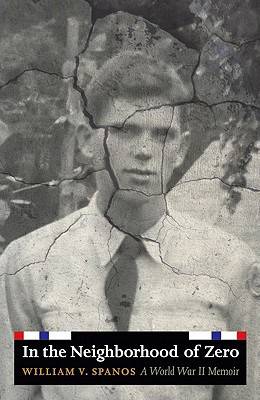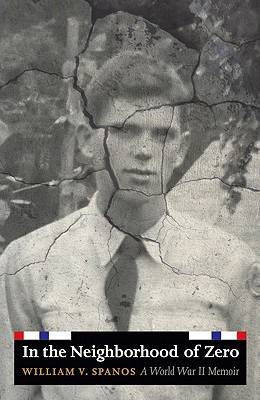
- Afhalen na 1 uur in een winkel met voorraad
- Gratis thuislevering in België vanaf € 30
- Ruim aanbod met 7 miljoen producten
- Afhalen na 1 uur in een winkel met voorraad
- Gratis thuislevering in België vanaf € 30
- Ruim aanbod met 7 miljoen producten
Zoeken
€ 41,95
+ 83 punten
Omschrijving
Like so many soldiers of his generation, William V. Spanos was not much more than a boy when he went off to fight in World War II. In the chaos of his first battle, what would later become legendary as the Battle of the Bulge, he was separated from his antitank gun crew and taken prisoner in the Ardennes forest. Along with a procession of other prisoners of war, he was marched and conveyed by freight train to Dresden. Surviving the brutal conditions of the labor camps and the Allies' devastating firebombing of the city, he escaped as the losing German army retreated. For Spanos, this was never a "war story." It was the singular, irreducible, unnameable, dreadful experience of war. In the face of the American myth of the greatest generation, this renowned literary scholar looks back at that time and crafts a dissident, dissonant remembrance of the "just war." Retrieving the singularity of the experience of war from the grip of official American cultural memory, Spanos recaptures something of the boy's life that he lost. His book is an attempt to rescue some semblance of his awakened being--and that of the multitude of young men who fought--from the oblivion to which they have been relegated under the banalizing memorialization of the "sacrifices of our greatest generation."
Specificaties
Betrokkenen
- Auteur(s):
- Uitgeverij:
Inhoud
- Aantal bladzijden:
- 218
- Taal:
- Engels
Eigenschappen
- Productcode (EAN):
- 9780803226814
- Verschijningsdatum:
- 1/04/2010
- Uitvoering:
- Hardcover
- Formaat:
- Genaaid
- Afmetingen:
- 149 mm x 223 mm
- Gewicht:
- 417 g

Alleen bij Standaard Boekhandel
+ 83 punten op je klantenkaart van Standaard Boekhandel
Beoordelingen
We publiceren alleen reviews die voldoen aan de voorwaarden voor reviews. Bekijk onze voorwaarden voor reviews.








